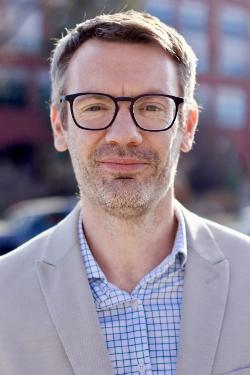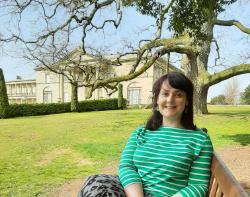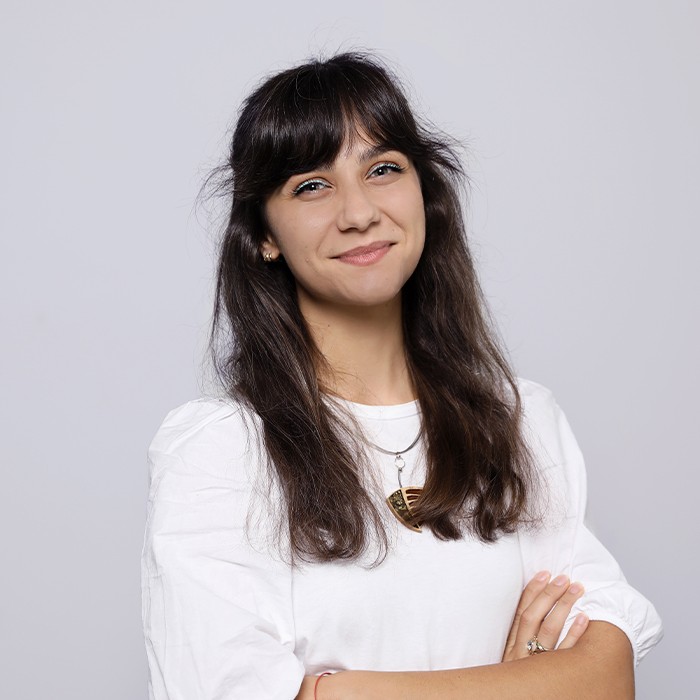Visiting Research Fellows
Visiting Research Fellows
 |
Stuart Aveyard is a historian of Northern Ireland and Senior Lecturer in Modern British History at Manchester Metropolitan University. His first book, No Solution: the Labour government and the Northern Ireland conflict, 1974-79, was based on his doctoral thesis at Queen’s University Belfast. He is working on a study of political culture in the Northern Ireland conflict that pays particular attention to how protagonists drew upon historical analogies and appropriated other contemporary conflicts to articulate their identity or justify their actions. Most recently, he has been developing an interest in the use of digital techniques to analyse and represent the past. |
|---|---|
 |
Thomas Cauvin is Associate Professor of Public History at the University of Luxembourg and the Head of the Public History Department at the Luxembourg Centre for Contemporary and Digital History – C2DH. He is a FNR-ATTRACT Fellow and leads the Public History as the New Citizen Science of the Past (PHACS) project. Cauvin has been the President of the International Federation for Public History from 2018 to 2021. He received his PhD at the European University Institute (Florence, Italy, 2012) and worked for several years in the United States at the University of Louisiana at Lafayette (2013-2017) and Colorado State University (2017-2020). He is the author of Public History. A Textbook of Practice (Routledge, 2022, second edition) and several articles and book chapters on public history. |
 |
Pamela Linden Aveyard is a historian of migration and Irish/British Jewry. She completed her PhD thesis, entitled ‘Jewish identity and community in Belfast, 1920-48’, at Queen’s University Belfast in 2016. Pamela has worked across the museum and heritage sector, most recently holding the post of Second World War and Holocaust Partnership Programme Officer at Imperial War Museums. She has a particular interest in forced migration and intersecting identities and is currently undertaking research on refugee networks and Belfast Jewish naturalisation. Her public history experience includes a previous role with Imperial War Museum’s First World War Centenary Partnership and work with Ulster Historical Foundation, Tandem Design, Belfast City Council, Causeway Coast and Glens Borough Council and the McClay Library Special Collections and Archives. |
 |
Violeta Tsenova is an interdisciplinary researcher with expertise in cultural heritage, design, public history, and film. She is currently a postdoctoral researcher for the FNR-funded project Public History as the New Citizen Science of the Past (PHACS). Her current research focuses on contributing to theoretical and practical debates on the concept of shared authority through the lens of feminism(s) and design. She is also carrying out research with the House of European History, Brussels, to implement participatory practices which will support the museum in reaching its mission goal of connecting and representing shared experiences and their diverse interpretations. As part of her research, Violeta structures collaboration between academia and
industry, conducts visitor observations, facilitates workshops on participatory history making with an international student cohort, and is designing an installation to showcase diversified historical narratives within the museum. Violeta obtained her PhD from Newcastle University, UK (2022) with a thesis titled Designing with Genius Loci. Her PhD explored the many intersections between Human Computer Interaction and heritage interpretation with the aim of achieving and designing for critical polyvocality. She holds an MSc in International Heritage Visualisation from the Glasgow School of Art, UK (2017), and a joint-honours bachelor's degree, awarded as MA in Digital Media and Information Studies/ Film and TV Studies from the University of Glasgow, UK (2015) Violeta’s research interests lie in: critical heritage, participatory design, interaction design, social justice, feminist theory, agonism, and creative practice. |